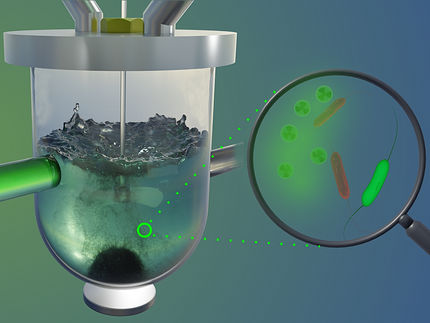Contamination from depleted uranium found in urine 20 years later
Advertisement
Inhaled depleted uranium (DU) oxide aerosols are recognised as a distinct human health hazard and DU has been suggested to be responsible in part for illness in both military and civilian populations that may have been exposed. University of Leicester geologist, Professor Randall R Parrish will be giving this message to the 119th annual meeting of the Geological Society of America. In his talk entitled: 'Depleted uranium (DU): its environmental dispersion and human uptake' he will outline his research findings on a new method of tracing DU.
The issue has been the subject of investigations by the Royal Society (UK), the National Academy of Science (US) and other bodies, but studies of individuals who have been clearly exposed to environmental contamination are lacking.
Professor Parrish commented: "Our objective was to develop a high sensitivity method of EU detection in urine, using MC-ICP mass spectrometry that would be capable of detecting an individual's exposure to DU up to 20 years after the event.
"We developed this method and applied it to individuals, either known or likely to have had a DU aerosol inhalation exposure, and to a large voluntary cohort of 1991 Gulf conflict veterans to assess DU exposure screening reliability and accumulate data on exposure."
Using his method, Professor Parrish and his research team have found traces of DU in urine more than 20 years later, in those cases where exposure to DU aerosol has been unambiguous and in sufficient quantity. This is true even when the U concentration is at the low end of the normal range. Most such samples would return a negative screening result with other, less sensitive, methods.
Other news from the department science
Most read news
More news from our other portals
See the theme worlds for related content
Topic World Mass Spectrometry
Mass spectrometry enables us to detect and identify molecules and reveal their structure. Whether in chemistry, biochemistry or forensics - mass spectrometry opens up unexpected insights into the composition of our world. Immerse yourself in the fascinating world of mass spectrometry!

Topic World Mass Spectrometry
Mass spectrometry enables us to detect and identify molecules and reveal their structure. Whether in chemistry, biochemistry or forensics - mass spectrometry opens up unexpected insights into the composition of our world. Immerse yourself in the fascinating world of mass spectrometry!






























































